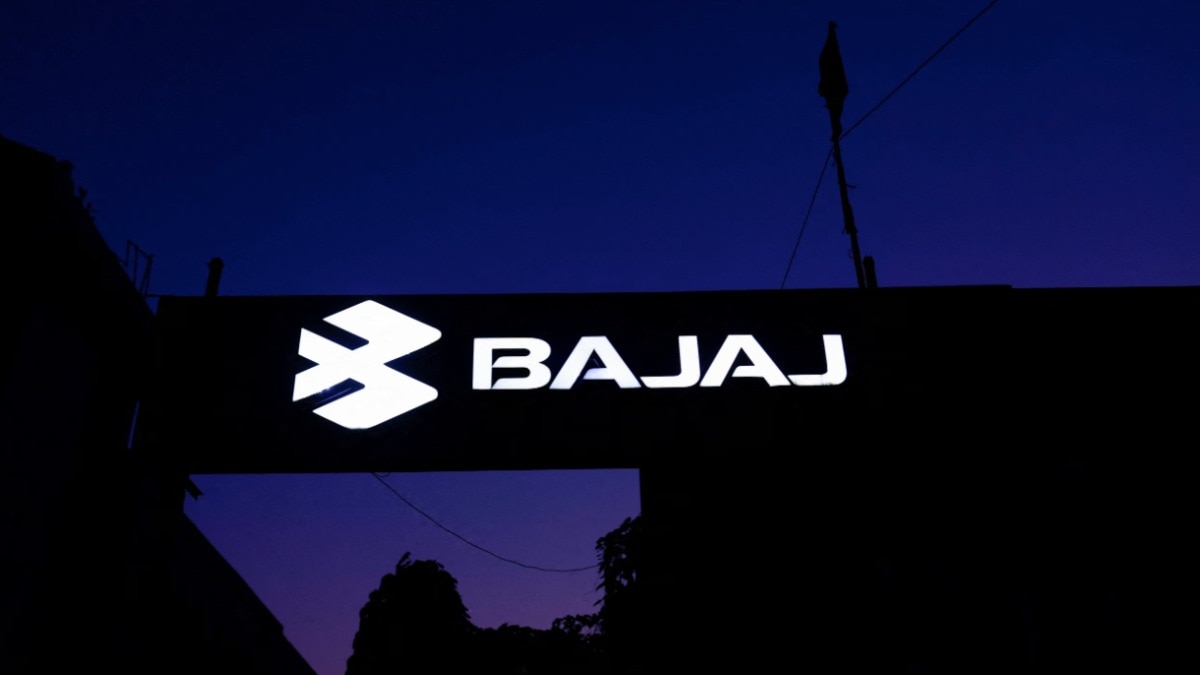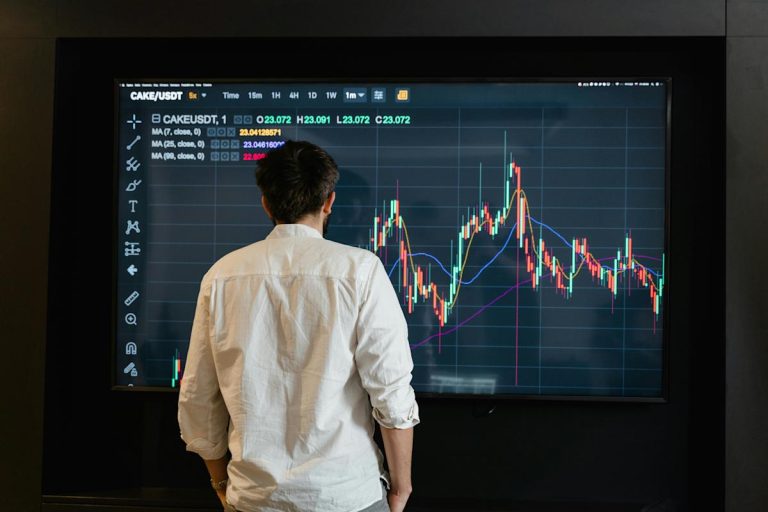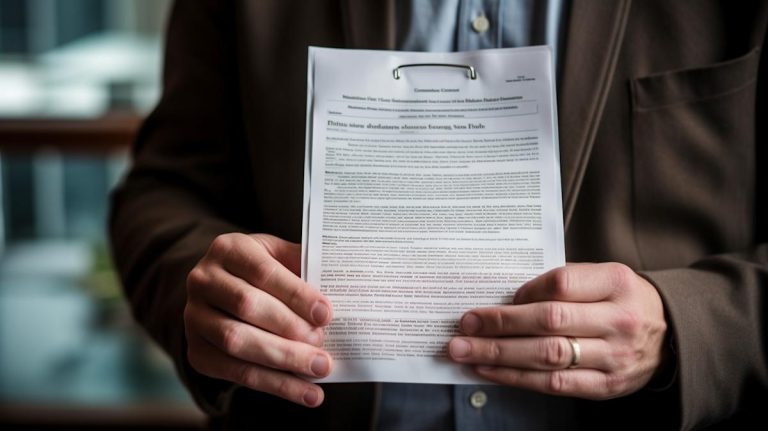Amid China’s restrictions on rare earth exports, companies such as Bajaj Auto are bracing for the impact on production. Rajiv Bajaj, Bajaj Auto MD, has said that the company is even looking at a “zero month” in August.
Speaking to The Economic Times, Bajaj said that their requirement is quite large, and that they have been hit rather hard by the unavailability of rare earth magnets. “Bajaj Auto had in recent months achieved pole position in both the electric scooter segment with its Chetak and the electric three-wheeler segment with its GoGo. Hence, since our volume requirements are quite high, particularly with the festive season approaching, we have been hit quite hard by the unavailability of heavy rare earth magnets as opposed to some of the smaller low-volume manufacturers,” he said.
“Our component inventory saw us through until June, but we are down by half in terms of production in the current month, and I am afraid that we are looking at a zero month in August as of now. Should that happen, it would not be just a significant impact on our leading share and revenue, but also on our EBITDA as our EV portfolio is now reasonably profitable,” said Bajaj to the financial daily.
Bajaj said it is becoming pertinent to look for alternatives to the rare earth magnet as well as to the source, which is China. He said that changing product design or the supply chain is easier said that done because it would set the company back in terms of quality and cost.
China’s control of critical minerals has thrown global automakers in disarray with mounting concerns about Beijing’s export restrictions on rare earth alloys, mixtures, and magnets. They warned that these limitations could lead to production delays and outages if not resolved quickly.
German automakers issued warnings that the export restrictions could halt production and impact local economies.
China’s April decision to suspend exports of various critical minerals and magnets has disrupted supply chains vital to automakers, aerospace manufacturers, semiconductor firms, and military contractors worldwide. The move highlights China’s dominance in the critical mineral sector and is viewed as a strategic measure in its trade conflict with the United States.
Shipments of magnets, essential for assembling cars, drones, robots, and missiles were stopped at several Chinese ports last month as licence applications underwent review by Chinese regulators. This suspension has caused concern in corporate and government circles from Tokyo to Washington, as officials search for alternative sources amid fears that production of new vehicles and other products could come to a halt by the end of summer.







